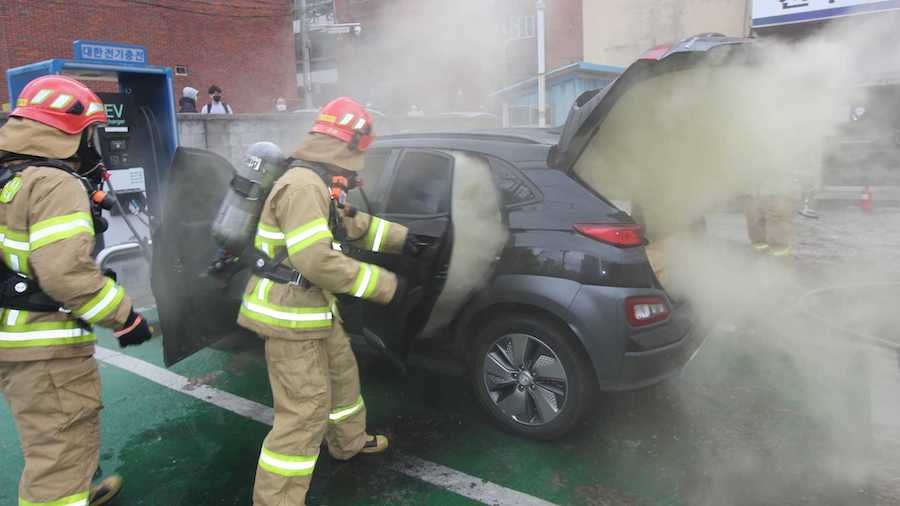Study Shows Automakers Delaying Recalls to Minimize Negative Attention

It’s no surprise that recalls are an unfortunate eventuality for automakers worldwide. In preventing these issues, manufacturers will complete many thousands of miles in validation testing in different conditions. Regardless, it’s impossible to completely eliminate any and all mechanical hurdles.
Many automakers have the best intentions when it comes to swiftly issuing recalls and getting vehicles fixed. However, a recent study by Indiana University’s Kelley School of Business shows that 73-percent of recalls are announced in clusters, suggesting a pattern to these types of announcements.
The biggest driving force in this complicated issue is the stock market. As such, the study looked at the six automakers with stock publicly traded in the United States – Chrysler, Ford, General Motors, Honda, Nissan, and Toyota.
For the uninitiated, the automaker that initiates a recall is hit the hardest – obviously depending on how catastrophic the mistake is. Of the six automakers included in the study, only 9-percent of its recalls were leading the pack; Toyota was the exception to the rule with much more random recalls – 31-percent of them being leading recalls.
“The implication is that auto firms are either consciously or unconsciously delaying recall announcements until they are able to hide in the herd,” said George Ball, assistant professor of operations and decision technologies and Weimer Faculty Fellow at Indiana University.
We’ll gloss over some of the more recent scandals but highlights in the past have proven to be downright dangerous. The National Highway Traffic Safety Administration (NHTSA) currently requires automakers to disclose when they find an issue to mitigate this type of event. In extreme cases, this sort of self-preservation has come at the cost of human life and well-being, but thankfully the majority of modern recalls don’t pose a major risk to motorists.
Related News
